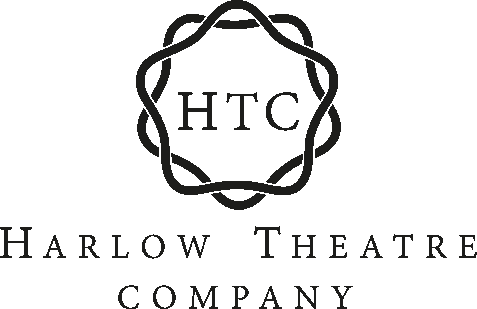









The Setting
Soho has always been a fascinating vibrant magnet for artists, musicians, immigrants, intellectuals, criminals and sex workers. It is an extraordinary place and in the 1950’s it lived up to its reputation and more. Prostitutes packed the streets and alleys around Soho and 100 strip club joints were busy doing their business. The famous Raymond’s Revue Bar opened in 1958. In the heart of Soho the music scene was a significant part of its colourful life and numerous clubs throbbed with the sounds of rock, jazz, be pop or skiffle. The 2i’s coffee bar where Tommy Steele (Britain’s answer to Elvis Presley) played guitar and banjo was the first rock club in Europe and the legendary Marquee Club opened in 1958. But in the 1950s a new youth culture began to emerge. On the streets and in the clubs teddy boys, gangs and skiffle groups were part of an illuminating sign of youths’ distaste of those in authority. War time shortages and rationing led to petty corruption and black marketing and racketeering. All sorts of characters were doing their business in Soho, some linked to the boxing scene or the club scene- there were lots of fingers in lots of pies!
The Writer
Jez Butterworth chose Soho as the setting for Mojo to share the culture in this particular nightclub the Atlantic on a hot summer’s day in 1958. Butterworth said, “The actual initial impetus for the play was a conversation I had with Malcolm McLaren. He was talking about Soho and the wonderful collision between early rock and roll
and gangland violence. It wasn’t something I knew anything about, but there was something about the collision between these two things that sparked something.” Butterworth had major success with Mojo which premiered at the Royal Court Theatre in 1995. It won the Laurence Olivier, an Evening Standard and the George Devine awards. Stephen Daldry, who in 1995 was responsible for choosing the play for the Royal Court said, “Mojo was the quickest decision I ever took as artistic director: we said yes virtually at once.” Many other plays penned by Butterworth include: Parlour Song,
The Winterling, The River, The Night Heron and the acclaimed Jerusalem. Butterworth was born in London, England. He attended Verulam Comprehensive School, St Albans and St John’s College, Cambridge. As well as writing for stage and screen he spends as much time as he can in Somerset where he
is a pig farmer.
Cast
Silver Johnny Oliver Page
Sweets Martin Colton
Potts Mitch Rous
Baby Joe Bishop
Skinny Rhys Hayes
Mickey Steve Hannam
Review: Harlow Star. April 2016
By William Mata
The dark side of London’s 1950s club culture was the backdrop for Harlow Theatre Club’s thrilling performance of black comedy Mojo. The Victoria Hall Theatre in Old Harlow was pleasingly packed on Saturday night for the final performance of the play written by Jez Butterwor th. Credit should go to the t h e at re ’s backstage elves for creating a fantastic set to resemble a shady Soho nightclub from 1958. The story picks up with four young men from the Atlantic Club plotting to get rich off the back of that night’s performer Silver Johnny (played by Oliver Page) who is tipped to be the next Elvis. However, things turn sour when club owner Ezra is brutally murdered, leaving pill-popping employees Sweets (Martin Colton), Potts (Mitch Rous), Baby (Joe Bishop) and Skinny (Rhys Hayes) to fear for their lives. The gruff Mickey (Steve Hannam) takes charge as something of a guardian figure but faces the impossible task of keeping the men in line and Ezra’s murderers out. At its best. Mojo was quick, witty and exciting with plenty of edgy dialogue to hold an icy suspense for the entirety of the two hours and 20 minute running time. Director Jane Miles, who also shaped the equally brilliant Punk Rock last autumn, perfectly transformed the 1990s West End smash onto a Harlow stage full of local acting talent. Martin Colton and Mitch Rous were perfectly cast as dimwitted geezer-types but it was Joe Bishop’s performance as the troubled and slightly unhinged Baby that really stole the show. Mojo was a fantastic night’s entertainment and sets the bar even higher for whatever Victoria Hall Theatre plan to do next. William Mata
